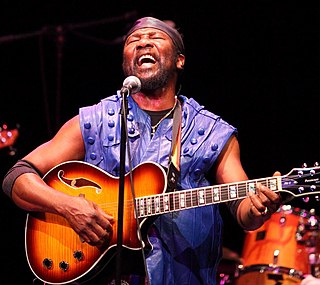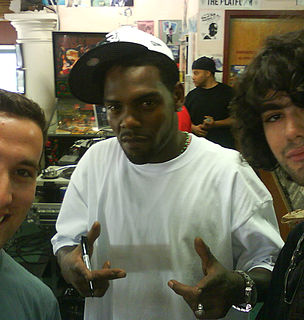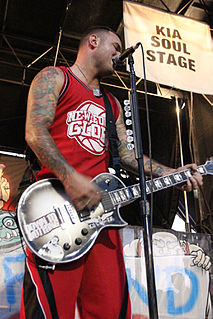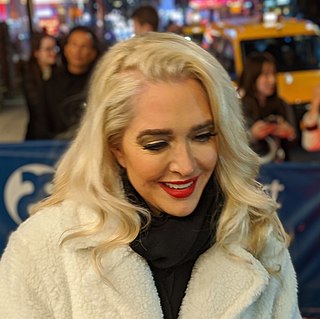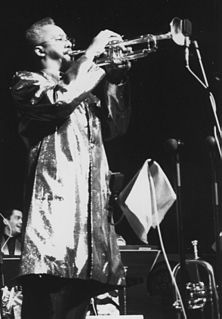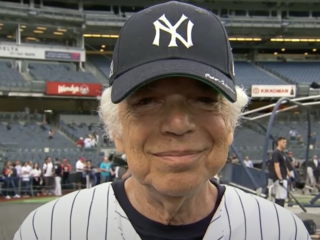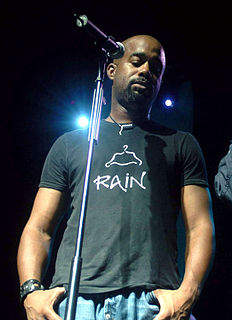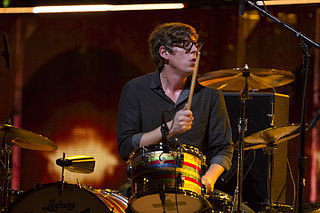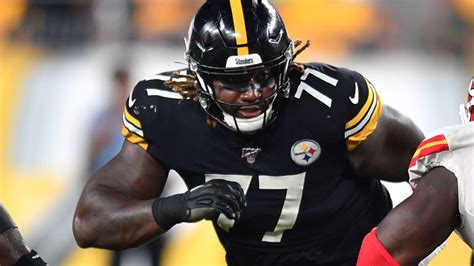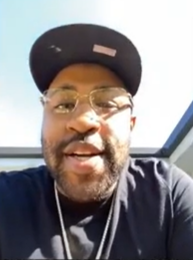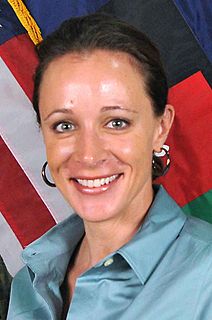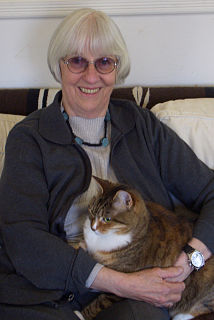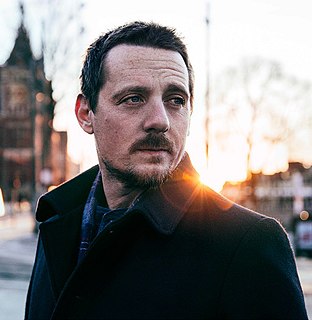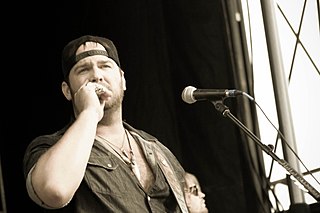Top 1200 Label Quotes & Sayings - Page 2
Explore popular Label quotes.
Last updated on April 14, 2025.
She was not, herself, hugely in favour of motherhood in general. Obviously it was necessary, but it wasn't exactly difficult. Even cats managed it. But women acted as if they'd been given a medal that entitled them to boss people around. It was as if, just because they'd got the label which said "mother," everyone else got a tiny part of the label that said "child".
I'm a free agent. I want the major-label budget for my next album, but I'm too big for the label to pay me. I don't want to be controlled, to be watered-down. Labels were always asking me to do this or do that, saying that I was lacking something. And every time, I did it the next year. Singles? Radio spins? I showed 'em.
I've been doing my record label for 15 years called Dim Mak. I started my label when I was 19 in '96. I started putting out an eclectic roster of artists. In 2003, we found a band called Bloc Party, and in 2004, we started getting remixes for Bloc Party, and at the same time I was throwing Dim Mak parties in Los Angeles.
As a label I don't care about piracy. I want the music that we [my band] love to be heard by as many people as possible. The more people like the music we put out, the better the label and artists will do. If anyone genuinely likes what we do they will find us, buy our vinyl or come to see the artists play live.
The people at the label were great but at the end of the day our visions didn't match up and I knew I had to do it my way. The potential success that could come with signing with a major label didn't quite outweigh how important it was for me to make my music the way I knew it needed to be made. It was a hard decision to make, but I've never regretted it for a second and it's only become more clear to me after making and releasing Stairwells that it was the right one.
I think we have a free will, and at the same moment we don't. We have to live with that. It doesn't make sense intellectually, but that's because our intellect is always trying to come up with a logical, rational explanation for things. To do that, it puts labels on things. But once you label something, you've got twoness. You've got the label, and you've got what you're labeling. And there is only oneness in the universe, even though we artificially believe in twoness.
The Americans only like things they can label, even if it kills them. Think of those poor Latin American writers. Some of them are very good. But the "magical realism" label has absolutely ruined them. The critics are like tourists who return from a trip saying they've "done" Machu Picchu: "Okay, we've done magical realism," so now we can throw it out.
What? 'Borderline patients play games'? That what you said? Ernest, you'll never be a real therapist if you think like that. That's exactly what I meant earlier when I talked about the dangers of diagnosis. There are borderlines and there are borderlines. Labels do violence to people. You can't treat the label; you have to treat the person behind the label. (17)
History--the product, not the raw material--is a bottle with a label. For many years now, the emphasis of historical discussion has been laid upon the label (its iconography, its target-group of customers) and upon the interesting problems of manufacturing bottle-glass. The contents, on the other hand, are tasted in a knowing, perfunctory way and then spat out again. Only amateurs swallow them.
If something comes that it is so extreme that you have difficulty thinking of it as a good thing, don't think of it as a good thing and kid yourself. To the extent that you can, don't label it a bad thing. Refusing to label something a bad thing opens you up to possibilities you would not have even considered otherwise.
Parents don't particularly care whether it's early infantile autism or whatever label the clinicians have put on it. All they want is treatment, and they want what's best for their child, whatever that is. And when it comes to treatment, it may be that there's much more shared interventions that don't make any difference what label we're putting on it.
In theory, when you're working with a record label, you're just borrowing their money. And that's basically how the record industry works, right? It's like, you borrow $100,000 from a record label, so you don't make any money until you make back that money for them. In theory, they have you held hostage, so you've got to do every little stupid thing that they want you to do.
At the end of the day, I think there is an important moment happening in our society right, and I have to do the right thing. At the end of the day, I don't label myself one way or another. I come from a place where I find it hard to identify with a label. I've dated men in the past, and now I'm dating a woman, and I see it as ultimately no big deal.
A label is a soul-tattoo that is ingrained deep in our hearts, so much so that it determines how we see ourselves, And how we see ourselves determines how we live... A destructive label leads to a destructive life. There is a soul thief, a dark enemy, who wants to nail ruinous labels to your heart so that he can steal your life. Jesus wants to give you life giving labels that release your potential for the good of the world.
I've been on a major label for 14 years. I've always wanted as many people as possible to hear my music, and it definitely made sense for the majority of my career to be on a major label, on a distribution level, to be in people's faces and be out there, and have access to major labels' incredible machine, even though they have not understood or haven't been invested in what I was doing.
It was three breakups going on at the same time. It was breaking up with my band, and my boyfriend, and right after that, my record label. I was arguing a lot with my record label during that whole time, so maybe they all affected each other. This record, Mondo Amore, came out of a time that was really heartbreaking and confusing, and that's why I switched the sound up a lot, to make it sound a little bit grittier and more raw.
We have signed with Artemis Records. Originally they were our distributor for 'Group Therapy'. My former manager (Chip Quigley) started a record label (Recon Records) and had Artemis Records as their distributor. Unfortunately, the way the label was run meant that it didn't turn out the way that we thought it was going to be. We simply got into something that was different to what we initially thought
My record label, which is a huge record label who represents massive, massive stars - they've never done anything like this before, and they were so excited about this idea of an animated character which is singing legitimate music. It's not a comedy record, it's a legitimate record. And they really jumped on board. So, we've got our Facebook page up, we'll be jumping on Twitter very soon, and sort of be creating Haley outside of American Dad.
This was early '90s and in New York hip-hop was coming on really strong; that was the sort of urban folk music that was almost threatening to eclipse rock music and indie rock music in terms of popularity, which it has certainly gone on to do. But you know, this is the end of the 1980s, beginning of the '90s. The whole independent label thing has really evolved to this incredible point from the early '80s when we started, and there wasn't one record label at all, until a couple people started forming these small labels.
A snappy label and a manifesto would have been two of the very last things on my own career want list. That label enabled mainstream science fiction to safely assimilate our dissident influence, such as it was. Cyberpunk could then be embraced and given prizes and patted on the head, and genre science fiction could continue unchanged.
When you have a relationship with a label, it can really affect the work you're doing and if you feel like they don't believe in you sometimes you go: "maybe I'm not any good at this". Then you get on a label that is excited to have you and you go: "oh, maybe we are ok at this". It gives you a little more confidence and you work a little better.
I think The New Yorker's cartoons aren't very political because the people who do the cartoons aren't awfully political people, and they aren't paid to be political. I think editorial cartoonists are. That's what they do. They probably have a great natural interest in politics, and then they are paid to do it, so they sort of have to hunt out these ideas. I admire editorial cartoons, but I'm also sort of happy that I don't do them because I'd hate to have to label things and I'd especially hate, more than anything, to label something Dennis Hastert or Mark Foley.
For us, being a label, we took out the whole aspect of the business that goes into sifting through people who don't care, who don't get what you're trying to do. We can just hire and work with people who get it - the people who understand what this project is about. When you're on a label, you're just hoping somebody will stick their neck out and work for you. Most bands are just like, "I hope they do it. I hope they promote it." But being a label, we know exactly what's happening.
There couldn't possibly be a more label-driven industry than acting, seeing as every audition comes with a character breakdown: 'Beautiful, sassy, Latina, 20s'; 'African American, urban, pretty, early 30s'; 'Caucasian, blonde, modern girl next door'. Every role has a label; every casting is for something specific.
Your reaction to a situation determines whether it will be positive or negative. If you're determined to label a situation positive, no matter how it appears, the result MUST be positive. If you label something negative, that MUST be your experience. It's never too late to change a situation because you have an unlimited supply of positive sticky labels! Your life is always your call!

